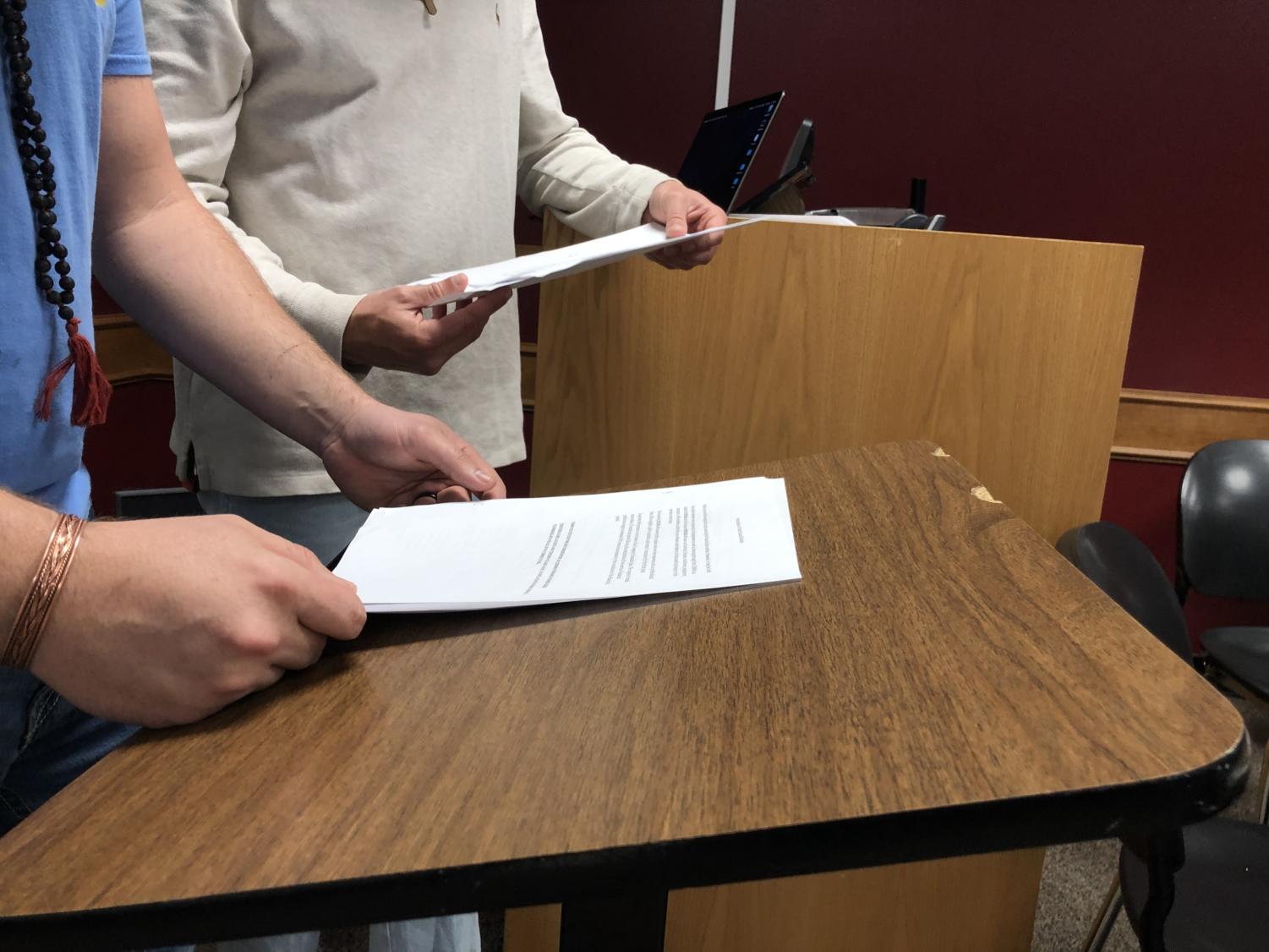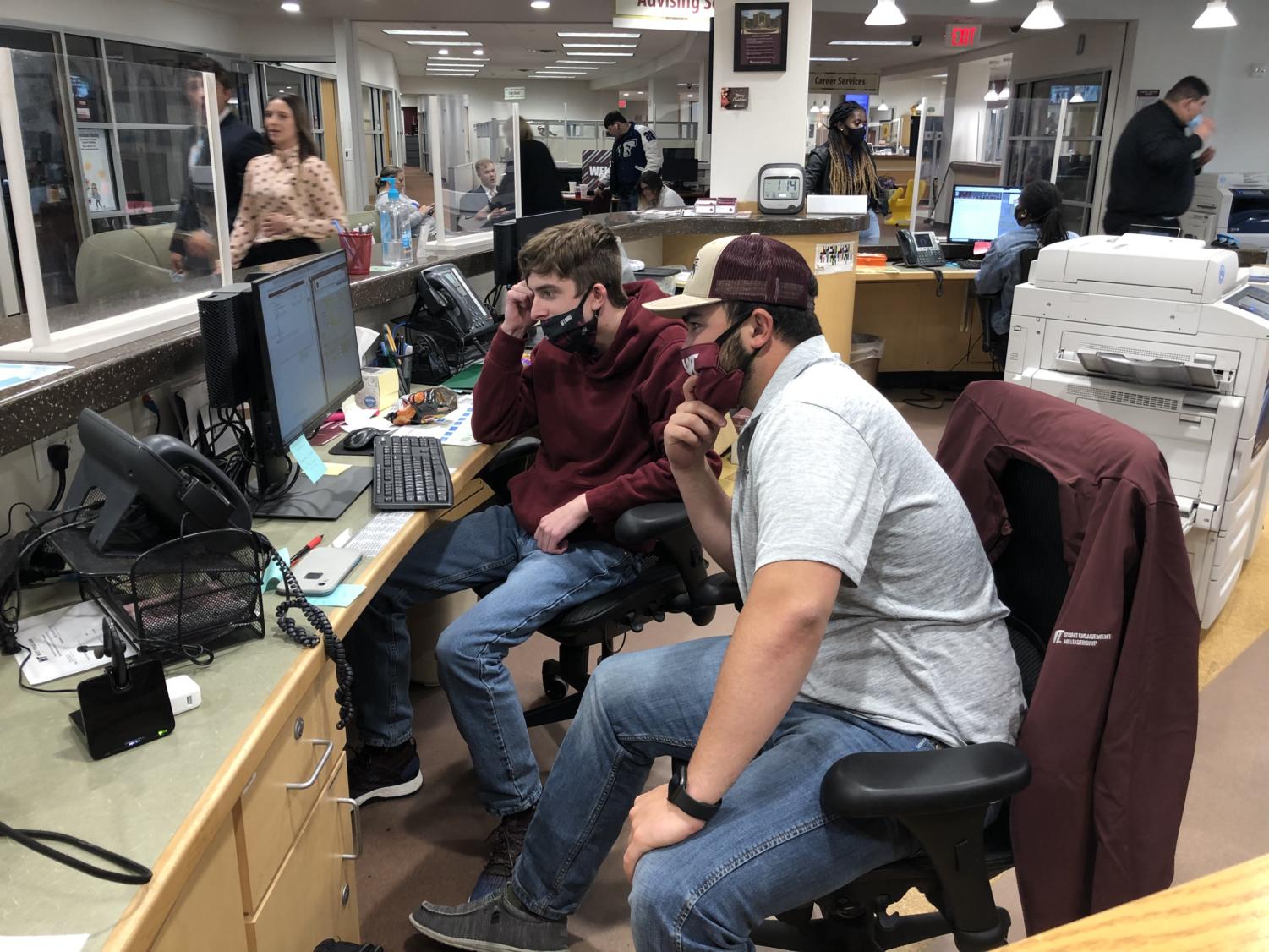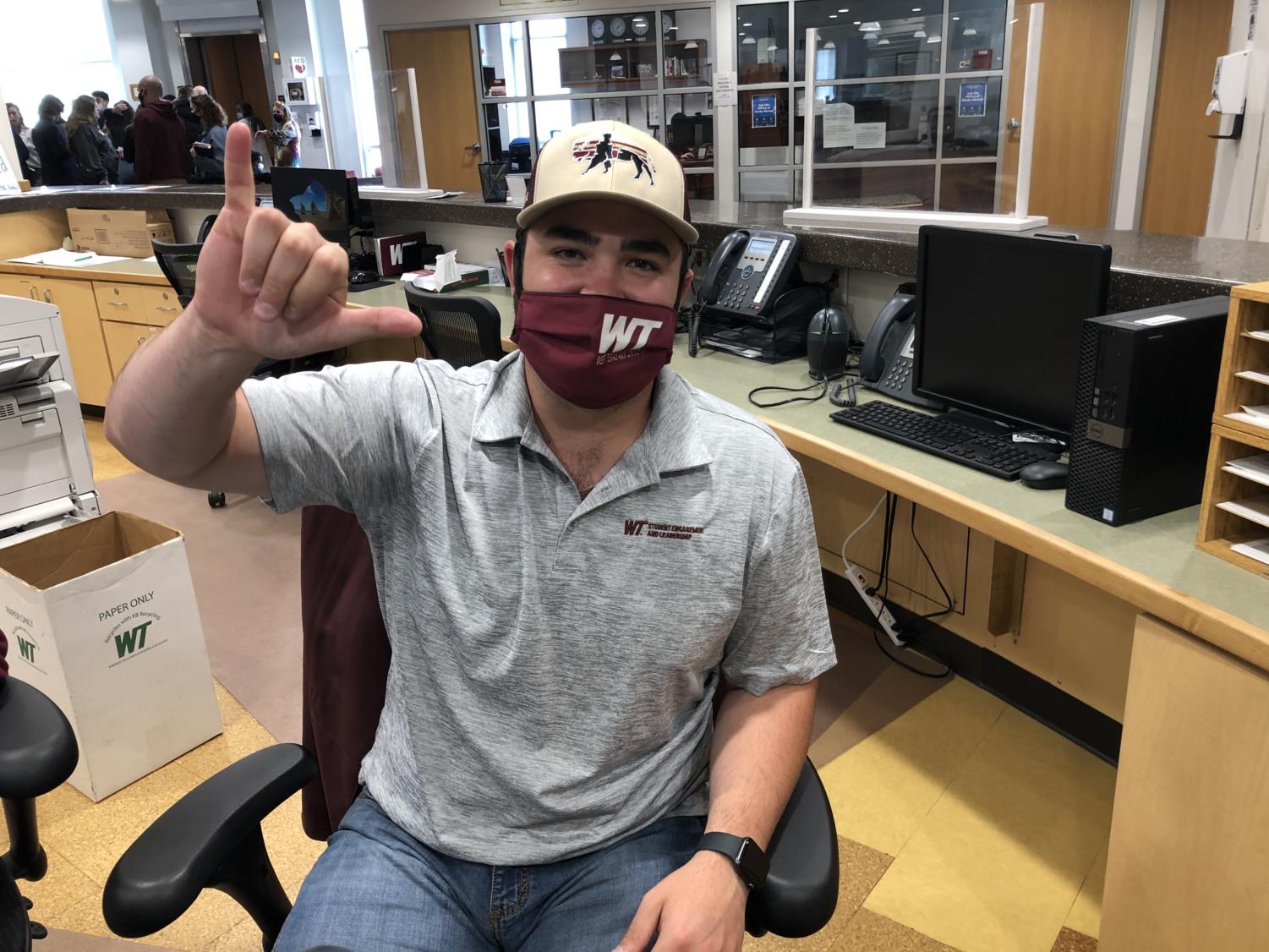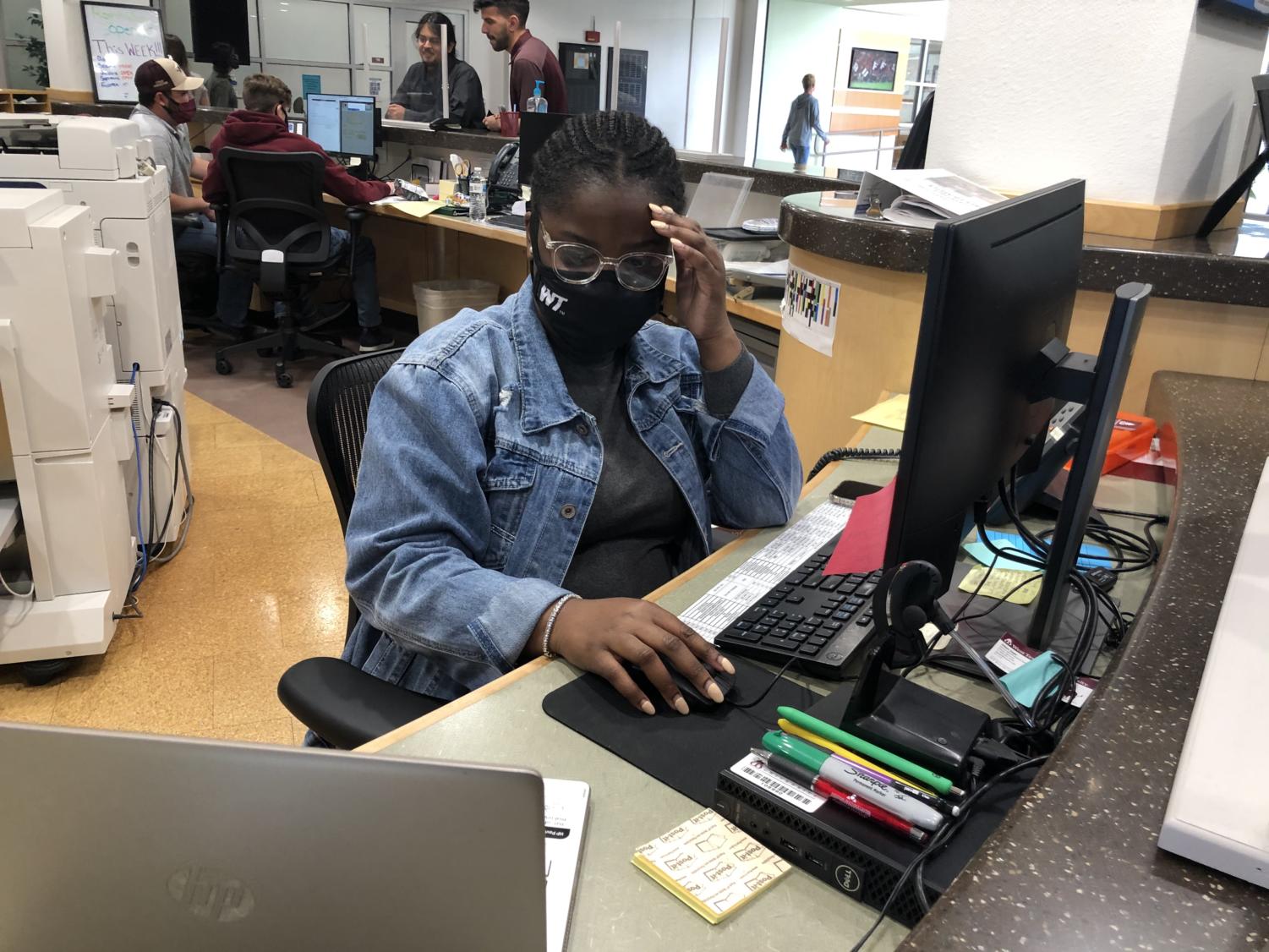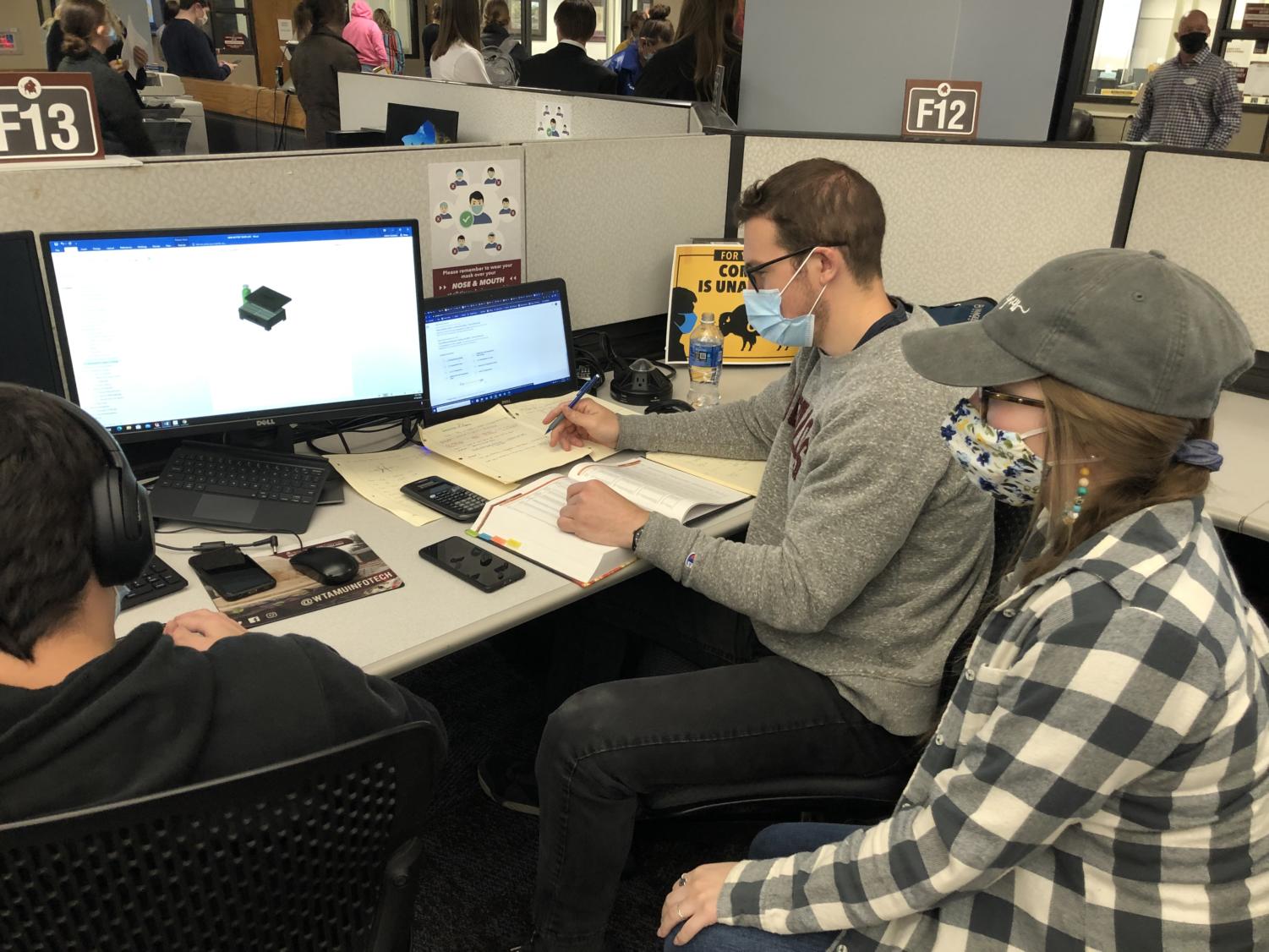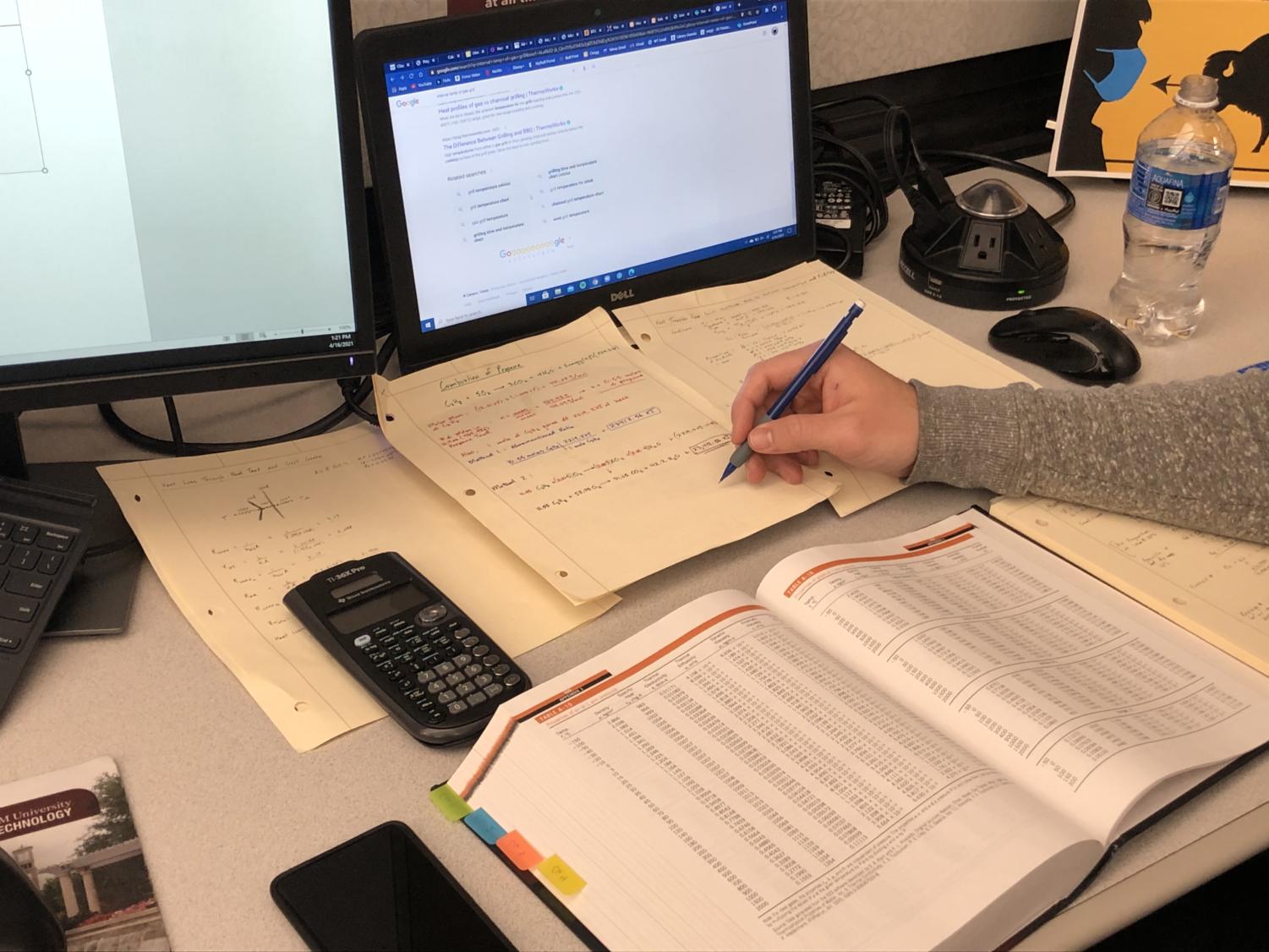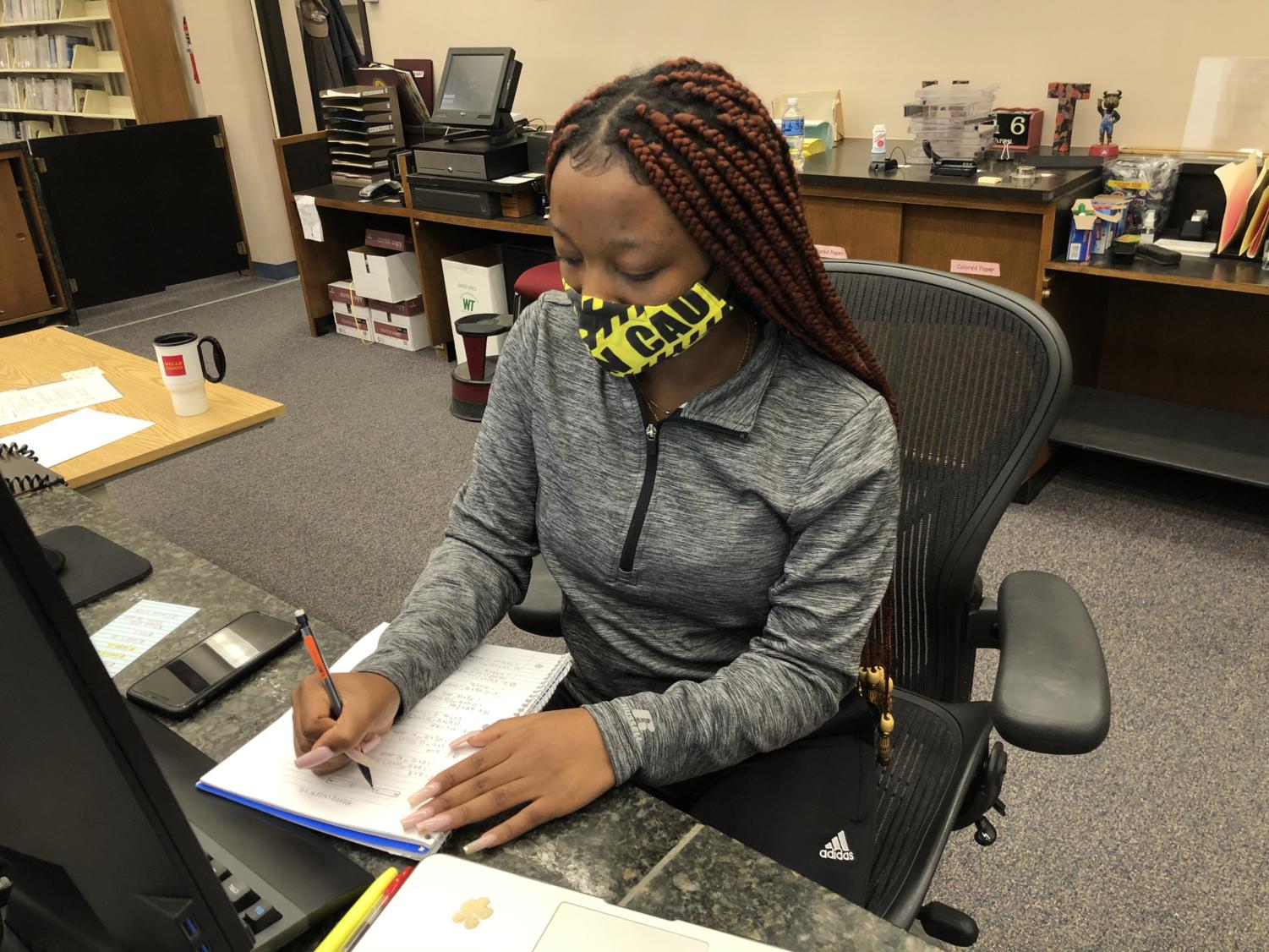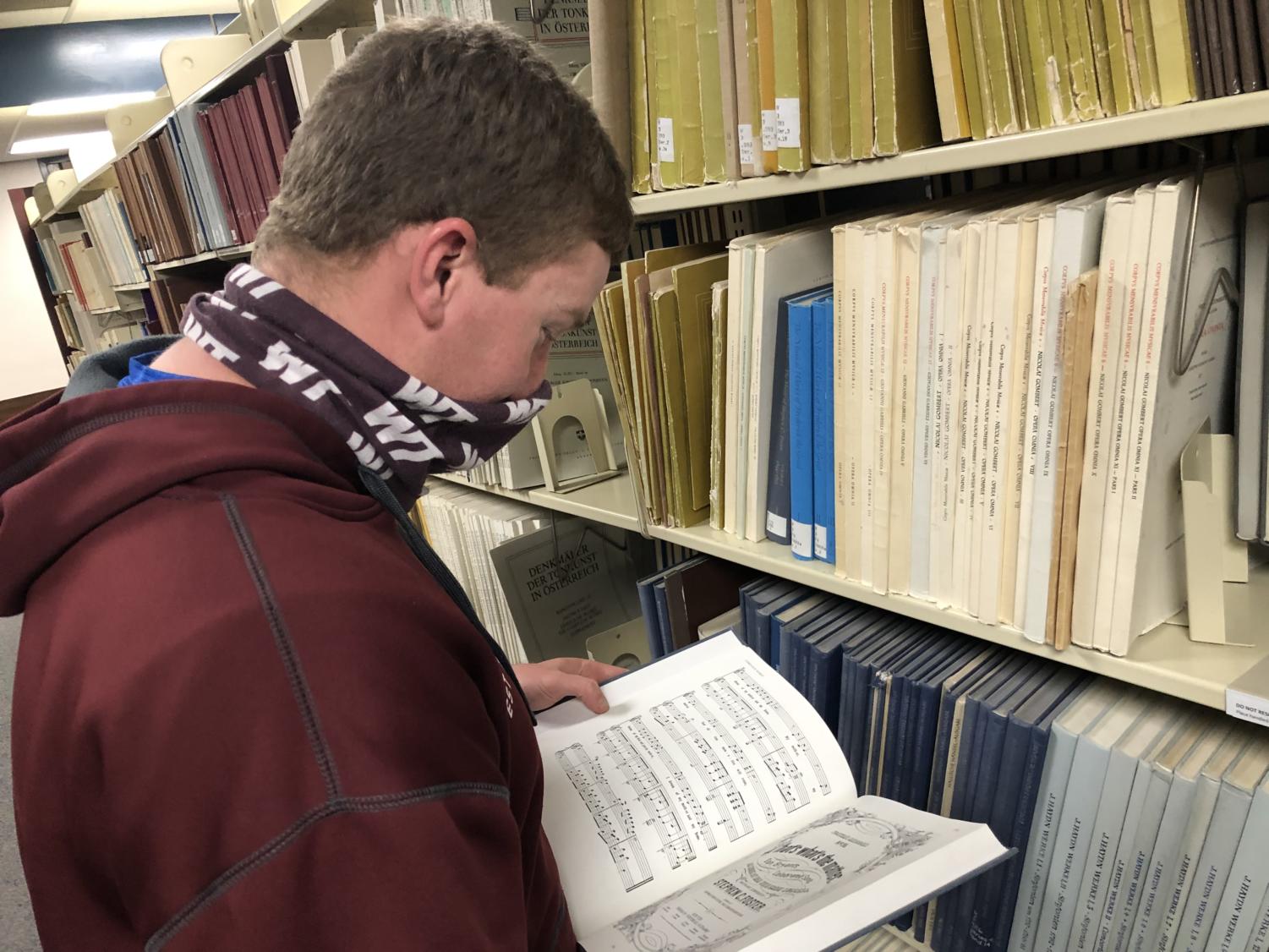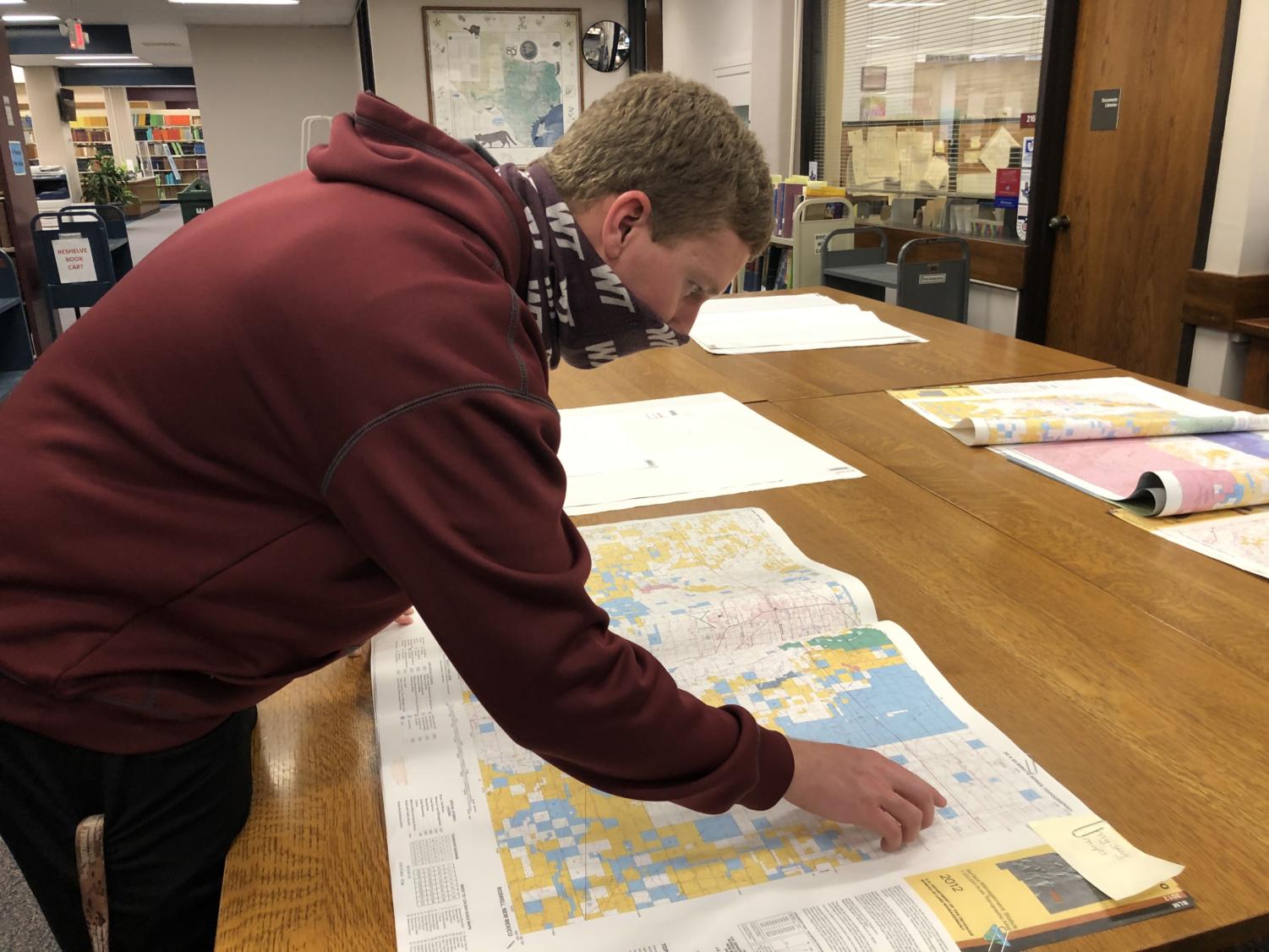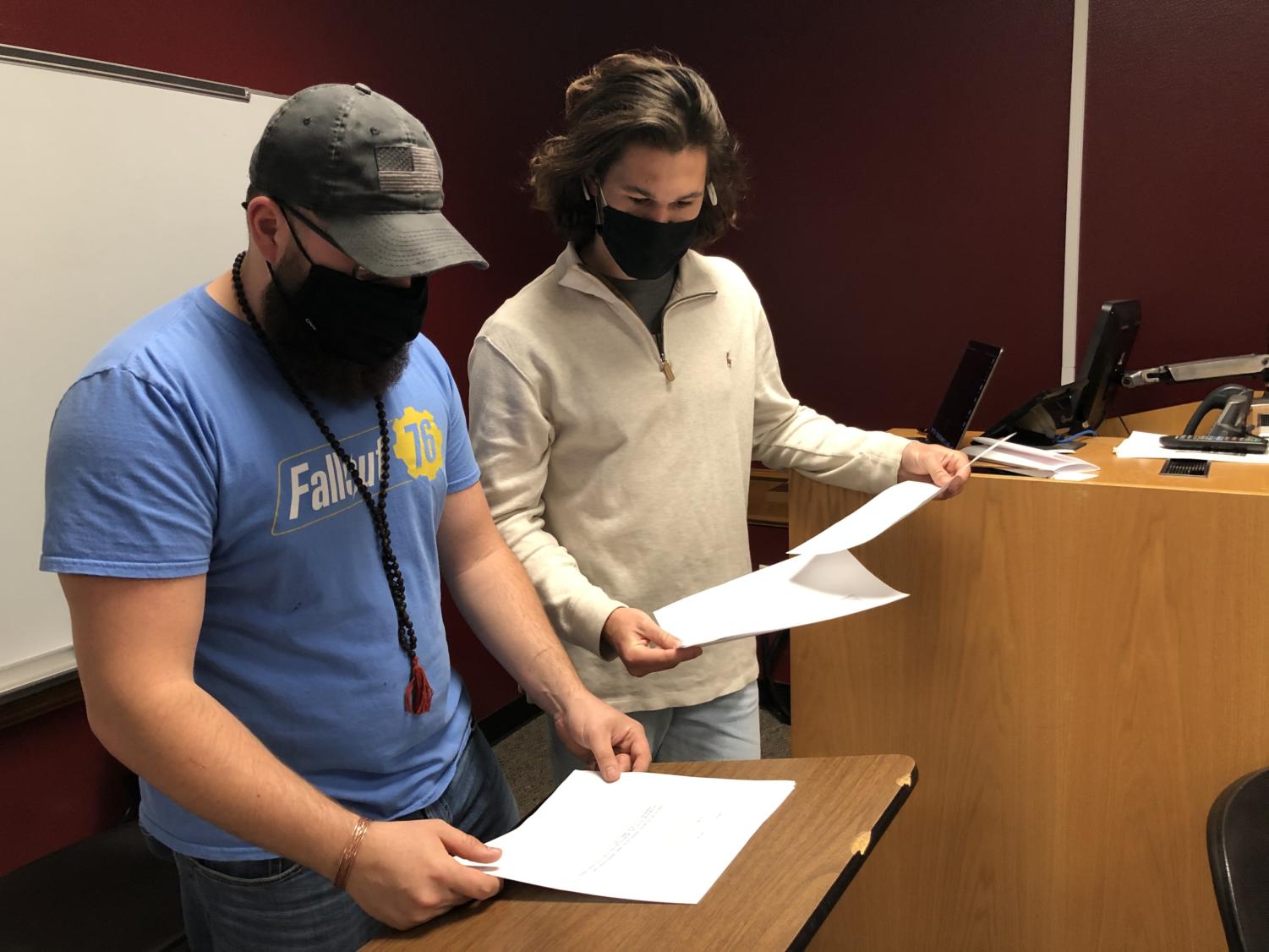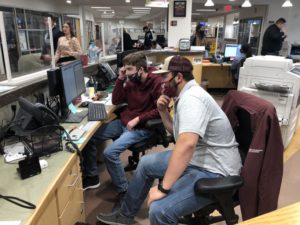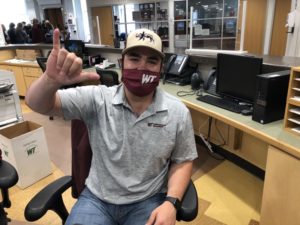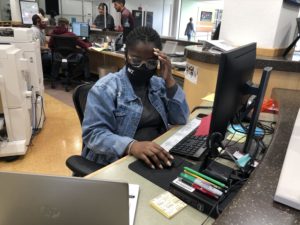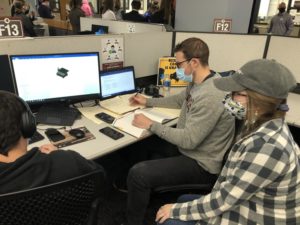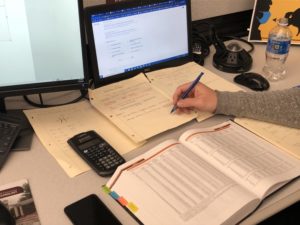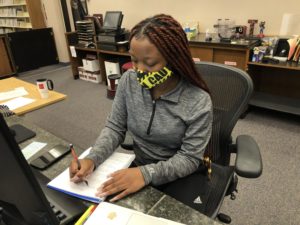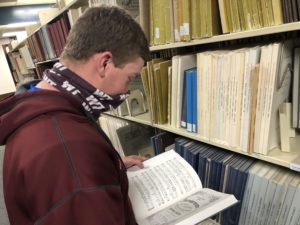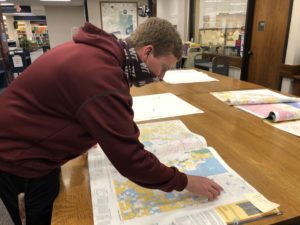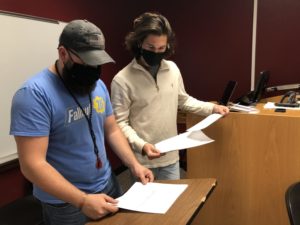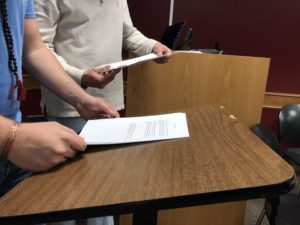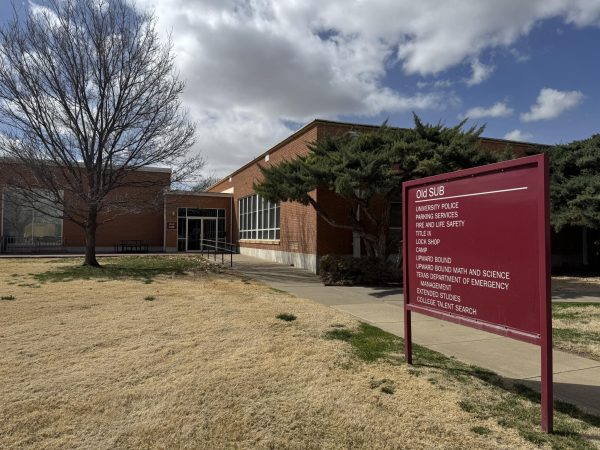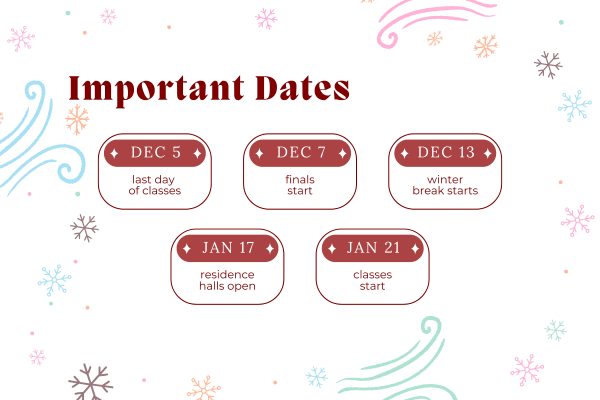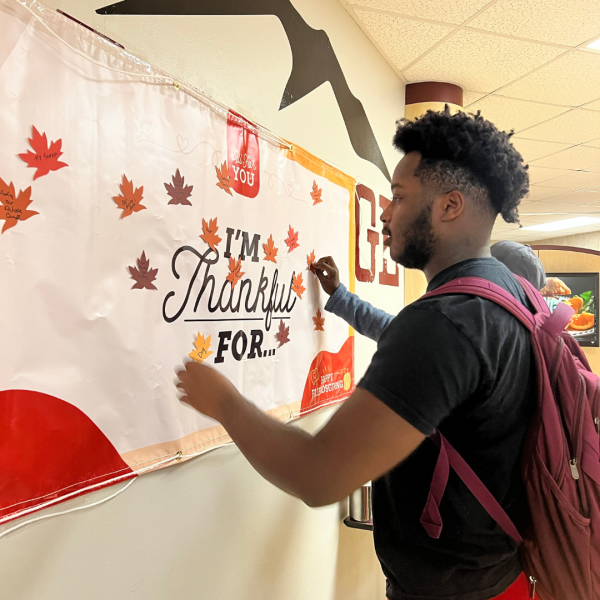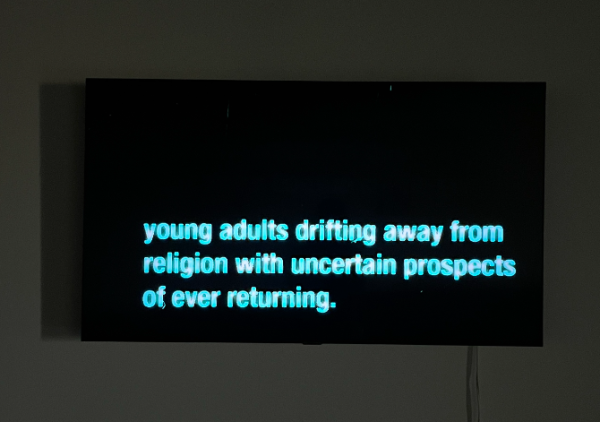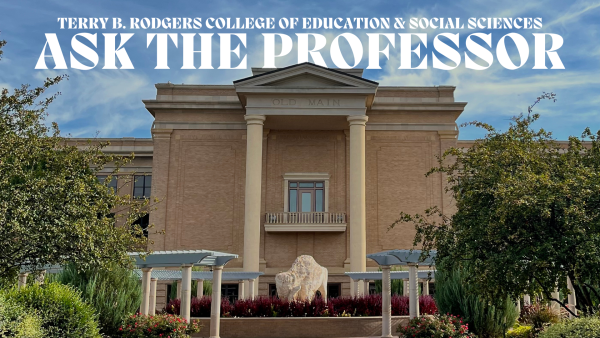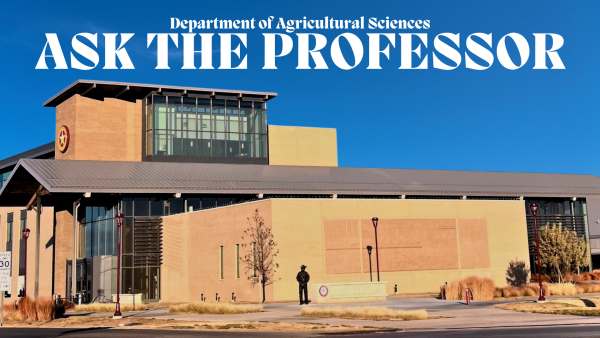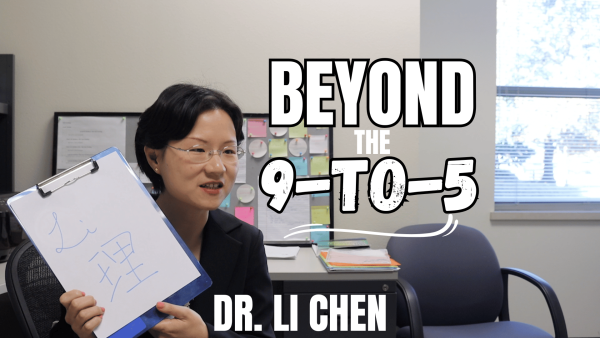Dealing with burnout in college
College burnout–the concept has permeated the popular and comedic culture of the past few generations, has squarely positioned itself as a mainstay of the current university atmosphere, and continues to plague us now more than ever as the pandemic-addled United States scrambles across a proverbial obstacle course of online challenges, adaptation and an entirely new way of experiencing loneliness and despair during finals. As this story shows, West Texas A&M University is not being spared by this phenomenon; students are ready for summer and, as they try to continue to balance the incompatible beasts of school, work and a semblance of a social life, are hoping for a recuperative respite.
The World Health Organization (WHO) has added “burn-out” to its 11th Revision of the International Classification of Diseases. Classified as an occupational hazard, not a medical condition, burnout is characterized as resulting in “feelings of energy depletion or exhaustion, increased mental distance from one’s job, or feelings of negativism or cynicism related to one’s job and reduced professional efficacy.”
The Anxiety and Depression Association of America (ADAA) catalogs that “40 million U.S. adults suffer from an anxiety disorder and 75 percent of them experience their first episode of anxiety by age 22.” Among these students, many report that the anxiety they experience ruins the trajectory of their academic progress, some cite their anxiety as their top concern and the majority felt completely overwhelmed at all times.
The Journal of Medical Internet Research conducted a study in light of the COVID-19 pandemic and its effects on the university student population has been enough to push the mental health of college students back into the spotlight of concern. The pandemic, the journal reports, has brought “negative impacts on higher education,” and the findings of their study highlights “the urgent need to develop interventions and preventive strategies to address the mental health of college students.”
Though consistently a source of online jokes and a reliable generator of popular memes by way of irresistible relatability, the state of one’s mental health should not be taken lightly. Though biases and preconceptions abound, mental illness is still an illness, and those suffering from it should never be derided for their suffering and neither should the sufferer do this to themselves. If you or a friend are taking a hit, be it from finals, COVID, or this indefatigable coalescence of confusing and rather depressing chaos we dub life, then seek help.
Help for burnout and general anxiety and depression can be found on and off-campus. The ADAA recommends seeing the school counseling services, speaking with a religious leader or simply confiding in a close friend. Off-campus help may come in the form of the family physician, who can offer treatment if specific problems are identified, which needn’t in any way be embarrassing or hidden. 25 percent of college students report taking psychotropic medication to help them cope. WTAMU has a Student Counseling Service Center, where they can help and instruct in relaxation and reorientation.
Audio Piece by: Emily Merrill and Jennifer Tuttor



